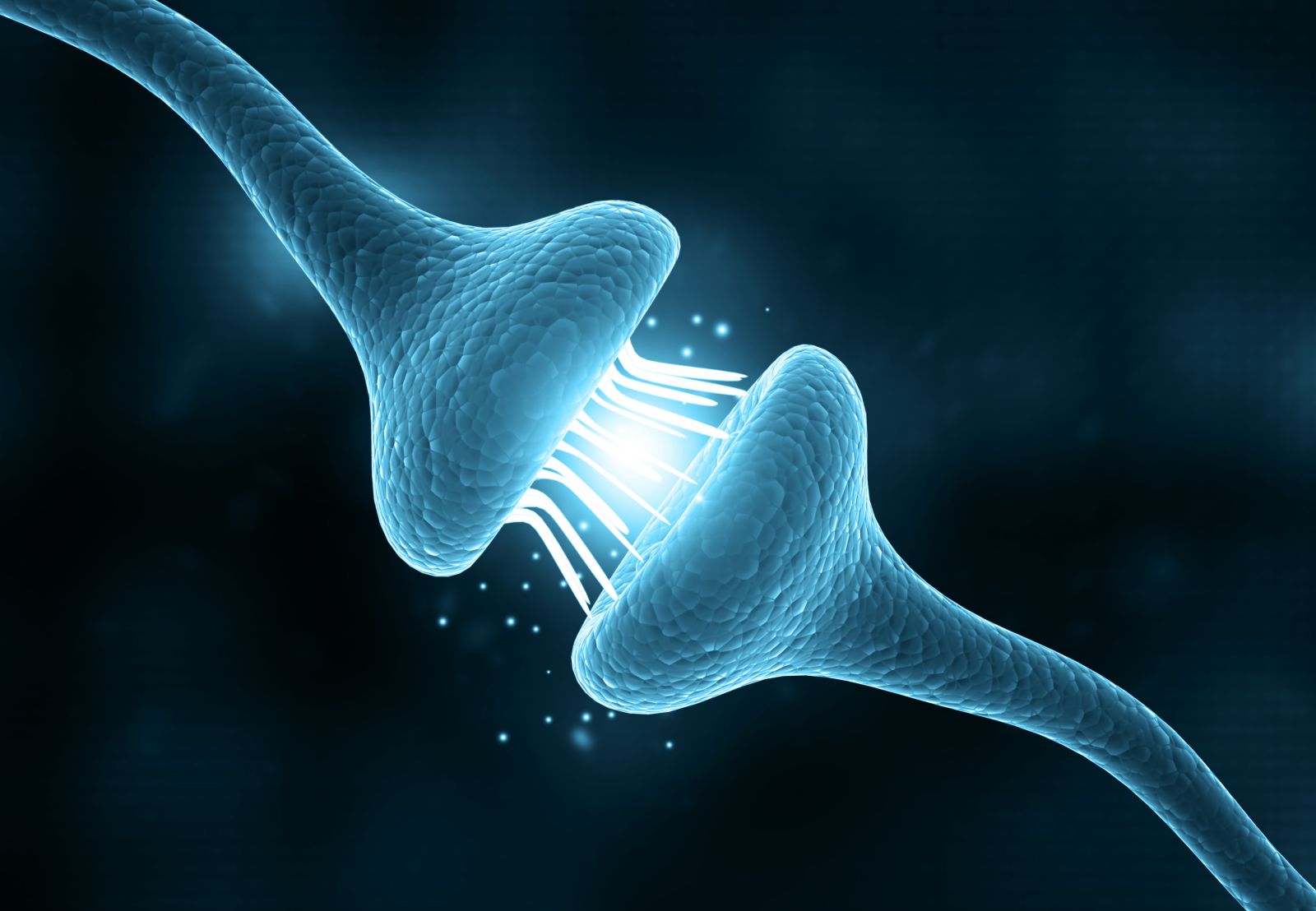You may have heard of magnesium, best known as the “relaxing mineral” for its role in our mind and body. But are its functions greatly underrated? Being involved in over 600 processes in the body, it truly is our body's workhorse.
So, what exactly is magnesium?
Magnesium is an essential mineral and  the fourth most abundant mineral in our body. More than half of our body's magnesium is stored in our bones, the rest in our soft tissues, and less than 1% in our blood.1 It is naturally present in foods such as nuts, spinach, and whole grains but can also be taken in a supplement form.2
the fourth most abundant mineral in our body. More than half of our body's magnesium is stored in our bones, the rest in our soft tissues, and less than 1% in our blood.1 It is naturally present in foods such as nuts, spinach, and whole grains but can also be taken in a supplement form.2
The NHS recommends around 300mg of magnesium per day for men and 270mg for women per day. However, some individuals may need more depending on their lifestyles and life stages.2
What does the research say?
As mentioned, magnesium is used in over 600 enzyme processes. Below are a few of the functions:
1. Nervous system function
 Our nervous system controls every part of our body from our breathing, muscle movements, heartbeat, and blood pressure. The nerves of this system transfer information around the body by releasing neurotransmitters.3 Think of these like our body's messengers, relaying messages around the body. These messages can be sent to other nerve cells, muscle cells, or even a gland such as the thyroid gland. Magnesium has a role in the functioning of these “messengers”.
Our nervous system controls every part of our body from our breathing, muscle movements, heartbeat, and blood pressure. The nerves of this system transfer information around the body by releasing neurotransmitters.3 Think of these like our body's messengers, relaying messages around the body. These messages can be sent to other nerve cells, muscle cells, or even a gland such as the thyroid gland. Magnesium has a role in the functioning of these “messengers”.
2. Psychological function
These neurotransmitter “messengers” are also involved in our psychological function. For example, when we feel irritable, anxious, or stressed this may be associated with levels of the neurotransmitter “Gamma-aminobutyric acid” (GABA). Research has shown magnesium to play a role in supporting our GABA levels.3
3. Muscle function
Magnesium is one of many electrolytes. Along with calcium, potassium, sodium, and chloride, it works in synergy to maintain our muscle function. Magnesium has a specific role in muscle relaxation.1
4. Bone health
Considering over 50% of the body's magnesium is stored in the bones, it's no surprise that it is involved in maintaining our bone health. Magnesium is important for the formation and maintenance of bone. Magnesium acts as a gatekeeper to the cells controlling how much calcium leaves the bone cells and enters the tissue cells. If too much calcium leaves the bones, it could result in weak or brittle bones.4
These are only a few of the vast uses of magnesium in the body; from helping our body communicate effectively, to maintaining our bone health, this mineral deserves more limelight to show how magnificent magnesium truly is.
Browse all Pharma Nord Products >
References
1. Jahnen-Dechent, W., and M. Ketteler. “Magnesium Basics.” Clinical Kidney Journal, vol. 5, no. Suppl 1, 1 Feb. 2012, pp. i3–i14, DOI: 10.1093/ndtplus/sfr163
2. NHS Choices (2020). Vitamins and Minerals. [online] NHS. Available at: https://www.nhs.uk/conditions/vitamins-and-minerals/others/.
3. Kirkland, A., Sarlo, G., and Holton, K. (2018). The Role of Magnesium in Neurological Disorders. Nutrients, [online] 10(6), p.730. doi:10.3390/nu10060730.
4. Mammoli, Fabiana, et al. “Magnesium Is a Key Regulator of the Balance between Osteoclast and Osteoblast Differentiation in the Presence of Vitamin D3.” International Journal of Molecular Sciences, vol. 20, no. 2, 17 Jan. 2019, doi: 10.3390/ijms20020385

